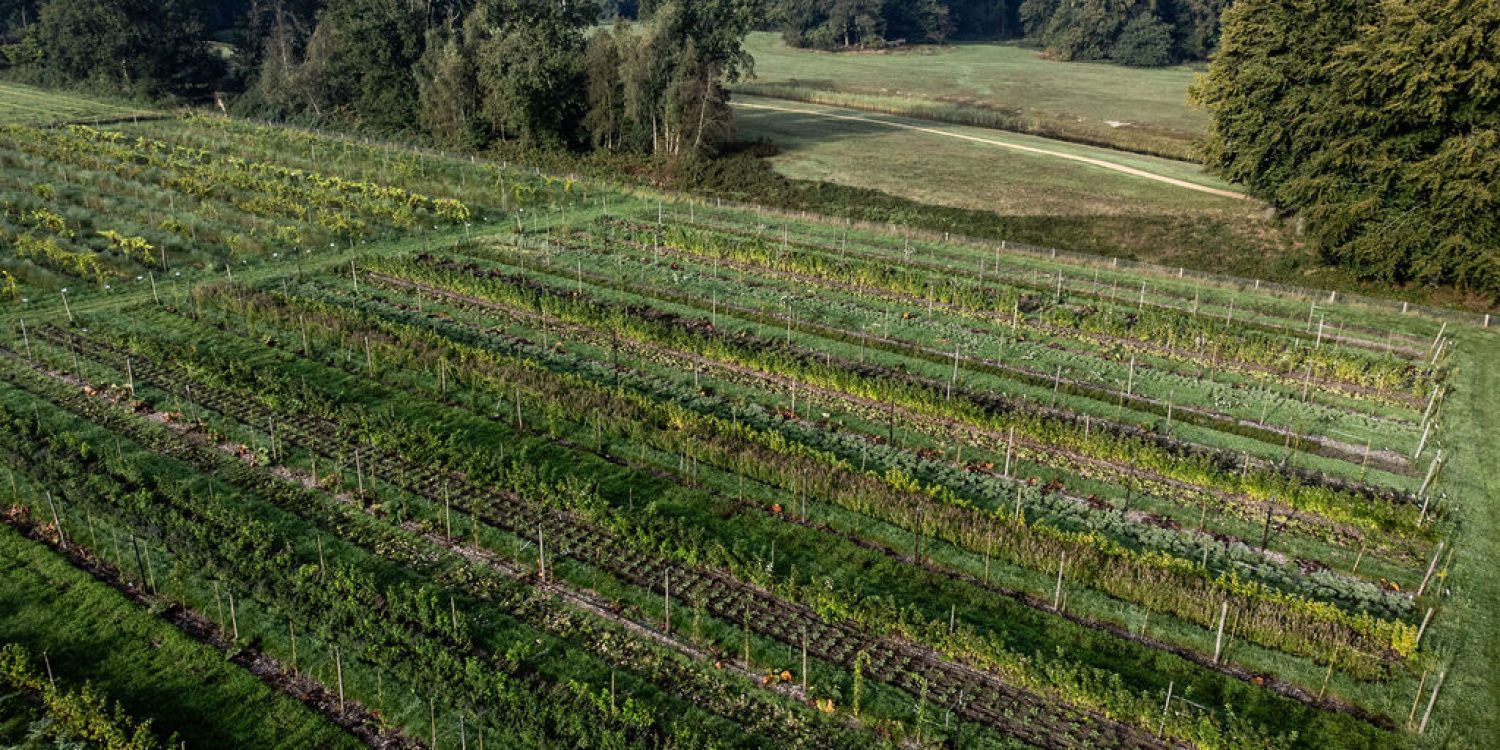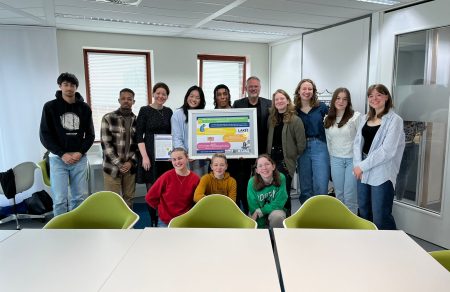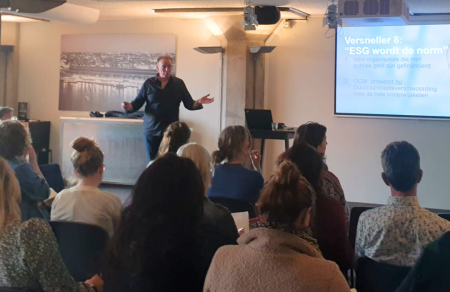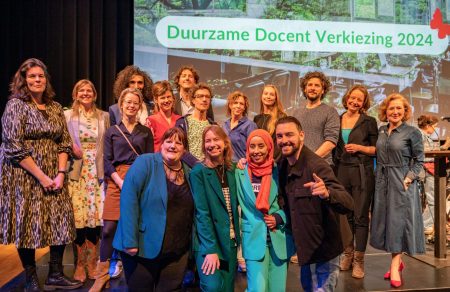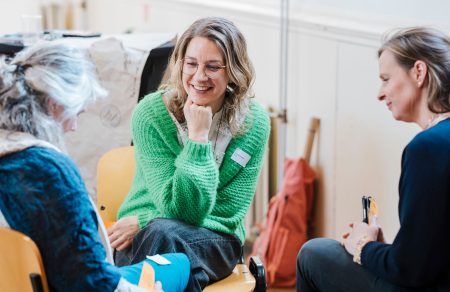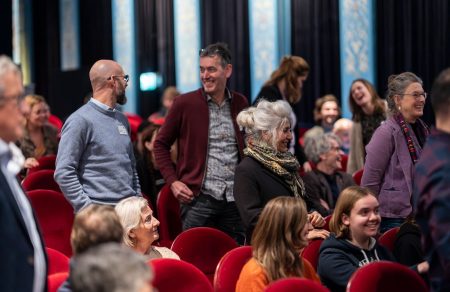The concrete goal of ReGeNL is to develop replicable regenerative business models with pioneering farmers by 2030 and to transition to regenerative agriculture with at least a thousand farmers in five focus areas. In this, they are supported by all 54 parties and newly joining partners in the consortium. Another key objective of ReGeNL is to implement educational innovations focused on regenerative agriculture that will have trained or retrained at least 10,000 (future) farmers, advisors and employees of chain and area parties by 2030. The ultimate goal is to make sustainable and profitable agriculture with a positive impact on nature and climate the new standard in the Netherlands.
Piet Adema, Minister of Agriculture, Nature and Food Quality: "Making the transition to sustainable agriculture is only possible by working together, with farmers as well as chain parties, knowledge institutes, financial institutions and education. That is why I am pleased that we as a government can support beautiful initiatives such as the ReGeNL program, in which 54 parties work together to support farmers toward a future-proof agriculture."
Wouter-Jan Schouten, Theme Director for Sustainable Agriculture at Next Food Collective and architect of the ReGeNL program: "We are extremely pleased with the award of NGF financial support and the confidence of the Minister and all consortium partners. This gives us the opportunity to take concrete steps towards a regenerative and sustainable agricultural sector in the Netherlands. Together we will ensure that sustainable agriculture with a positive impact on nature and climate becomes the new standard."
Regenerative agriculture combines food production with ecosystem restoration, improving soil fertility, water resources and biodiversity. Moreover, regenerative agriculture can make a positive contribution to the social and economic position of farmers. It thus responds to the growing market demand for sustainable food production and contributes to solving the broad environmental problems of Dutch agriculture.
The program proposal ReGeNL was submitted by the Ministry of Agriculture, Nature and Food Quality. It was developed by Next Food Collective, Wageningen University & Research, Groningen University and Utrecht University in collaboration with 54 partners* from across the food system.
The final award means that farmers -cooperatives and networks, chain parties, financial institutions, knowledge & technology providers and education & research institutions can jointly start implementation in 2024. All partners are enormously motivated to support farmers in the transition and thus secure the future for the sector and food supply, within the ecological and social limits of our country.
Mireille Einwachter, Chief Sustainability Officer and member of FrieslandCampina's Executive Board: "Utilizing the craftsmanship of farmers is fundamental to the sustainable development of agriculture. The great diversity of farm types ensures that there are numerous measures and opportunities to shape a future-proof agriculture. Regenerative agriculture is one of the routes that is gaining tremendous momentum in the market. As one of the partners, we are very happy with the investment from the NGF in this program. This is going to help gain knowledge and experience on different agricultural practices, monitoring impact and associated new revenue models to get the flywheel going in the transition to a future-proof agriculture. We look forward to getting started with the other partners and farmers."
*Cooperative Learning for Tomorrow will be involved in guiding the implementation of the WSA (in WO, HBO and MBO) and participate in living labs, training and intervision with chain parties.
